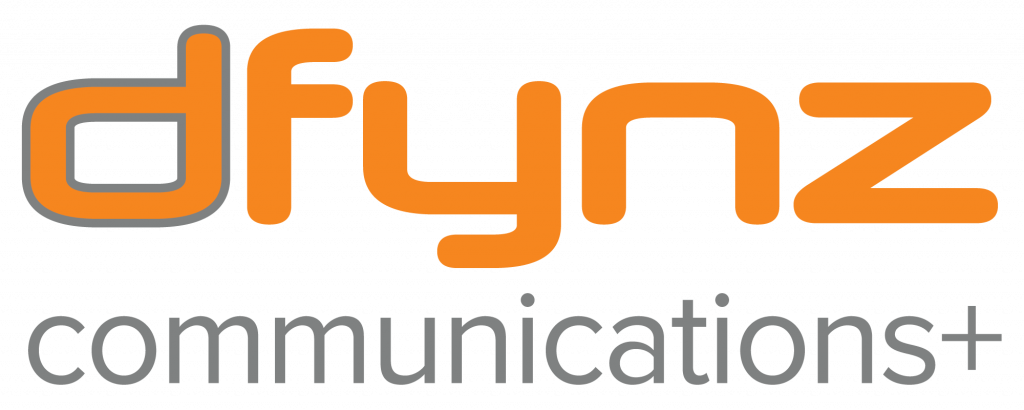Last week, The New York Times drew “a clear line” against the practice of allowing sources to approve quotes after an interview takes place and before the story goes to print.
During my many years as a public relations professional, I have worked with corporate clients who have made the review process a key part of their media policy before allowing an executive to be interviewed by a journalist. This is a huge ask of any reporter. It can also be insulting to the interviewer as this request implies that you don’t trust the reporter’s ability to get it right.
Proactively pitching an executive to the press is not an easy job. Then adding the caveat of requiring a quote check is simply disingenuous. When you are on the defense, asking for a quote approval seems like your executive or firm may be hiding something. Mostly, it can give the appearance that the executive cannot be trusted with speaking on the record about a business line or particular issue. None of these perceptions is ideal.
Of course there are rare times when asking for quote approvals may be necessary. For example, if a topic is particularly complicated and a quote check can ensure accuracy on verbiage. The New York Times will allow quote checks with the proper editorial approvals. Likely they won’t grant permission if it’s simply because the executive is inexperienced or unprepared.
Over the years, the practice of quote approvals has become more common. I have asked some reporters why they so easily give in to agreeing to do quote checks. Mostly it boils down to access and in some cases, it’s a corporate-wide policy. Reporters can’t thoroughly report if no one will talk to them.
How can pr professionals deal with the practice of no longer being allowed to review quotes? Prepare. Before the interview, prepare the reporter with the appropriate background information, which includes facts and figures on the business, and relevant information on the person being interviewed. Then make sure that whomever is being interviewed is well versed on the subject matter and has prepared appropriate answers to anticipated easy and difficult questions. And then do a run-through or mock interview.
Press interviews are like a chess game with a bit of a dance jammed between the moves. One must anticipate the next play but the participants need to work together a little bit for both sides to engage with each other on a long-term basis. The right preparation and practice will make executives and their bosses more comfortable with being interviewed on the record.
Melissa Daly has worked in media relations and financial communications for nearly 20 years. Melissa formed MFD Communications, a strategic consulting firm, after spending three years at Goldman Sachs as Vice President, Corporate Communications. Prior to that, Melissa was a Director at Brunswick Group, a London-based financial and business communications firm. There, she spearheaded its financial services business in the US, managing communications for hedge fund, private equity, insurance and traditional asset management firms. Melissa also worked at Fred Alger Management, The Hartford and Lipper in communications and media relations roles and has frequently appeared on CNBC and CNN as an industry commentator. Her experience spans across business sectors and continents.
